Cruise’s Jack Holden on bringing the 1980s Aids drama back to the West End
The Olivier nominated play returns once again.
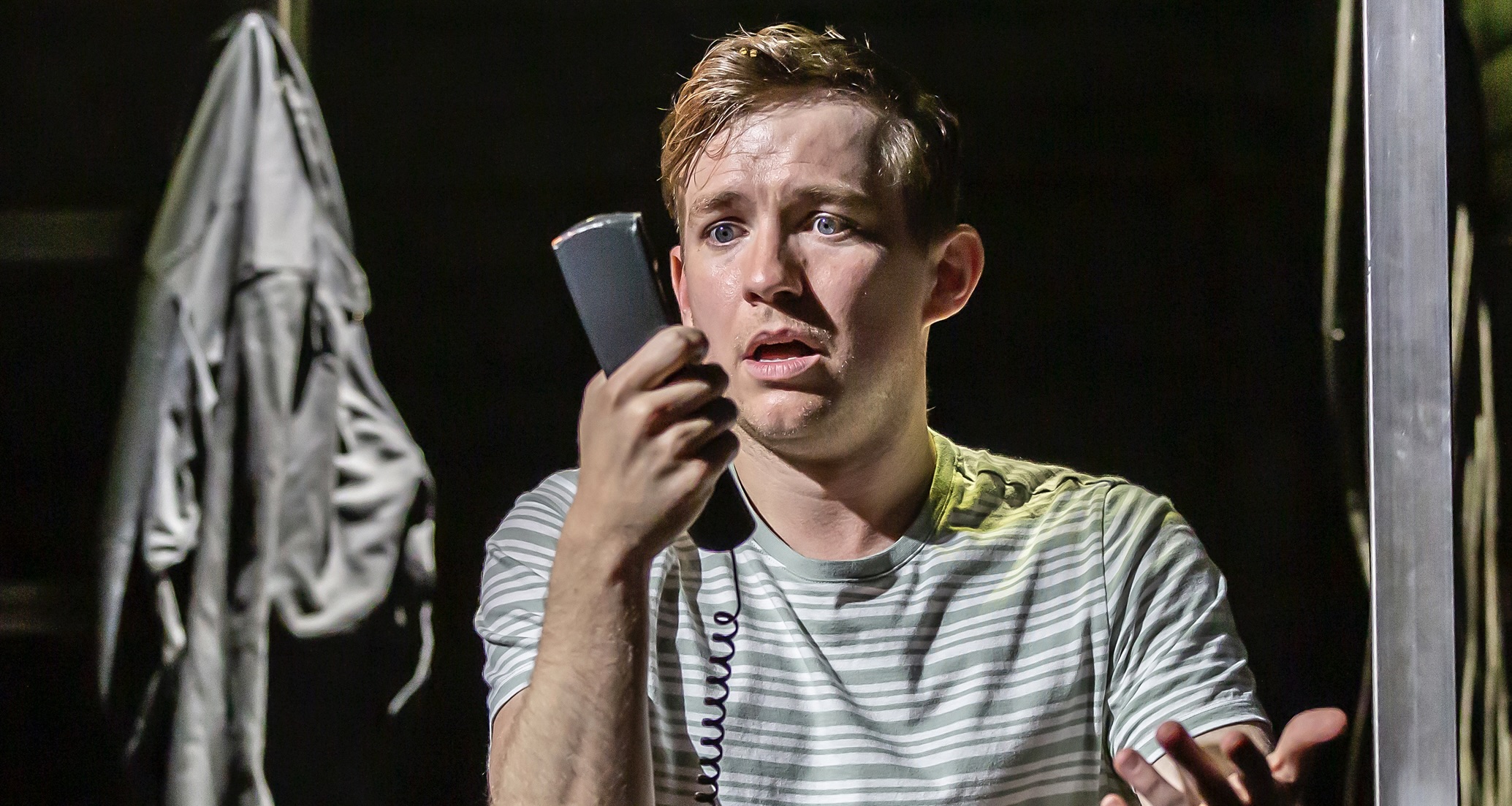
Words: Alastair James; pictures: Harry Livingstone and Pamela Raith Photography
After a successful first run last year, the 1980s-set Aids drama, Cruise, is making a triumphant return to the West End led once again by the charismatic writer and actor, Jack Holden.
Based on a true story Jack was told whilst volunteering for Switchboard, the LGBTQ charity Cruise sees Jack take on multiple characters in a one-man marathon of a performance as he retells the story of a man ‘Michael’, who is diagnosed with HIV in 1984 and told he has four years to live.
CRUISE
at the Apollo Theatre
August 13 – September 4
Book now at https://t.co/88t5LngfNo@AriaEnts @LJProds @JamieCollabro @BronaghLagan @sarahgold_ing @NimaxTheatres @About_GracePR pic.twitter.com/R5OTrxX5DQ— Jack Holden (@1JackHolden) May 28, 2022
Jack brings us along on Michael’s hedonistic quest around Soho and to enjoy life while he can as he counts down to 29 February 1988 – his supposed last night on earth.
Directed by Bronagh Lagan, Cruise celebrates queer culture and acts as a powerful tribute to a generation decimated by HIV and Aids. 1980s Soho is brought vividly to life in this kaleidoscopic musical thanks to an uplifting 80s electronic soundtrack performed live by John Patrick Elliott.
Since wowing audiences with his one-man show Jack has gone on collect an Olivier award nomination for the play and to have a featured role in the TV series, 10 Percent.
As he prepares to bring the show back, this time to the Apollo Theatre, Jack chats to Attitude about how the show went down the first time, what impact it had on him and what’s different a second time around.

Jack Holden (Photo: Harry Livingstone)
What kind of reaction did you get the first time around?
It went about as well as it could have done. Critically it went very well and sales-wise, it went really well; I was thrilled that people came back out to the theatre because it was just as it has reopened. But the most important thing was the people at the Duchess Theatre.
Where we were, the stage door spits you right out the front right next to where the audience comes out. And it was only me in the show, there’s so there’s no mistaking who I was when I came out.
And most nights there was someone who would have been a sort of a contemporary of Michael, the caller from the 80s in the show. And sometimes they’d have tears in their eyes, and they’d say, that that was exactly what it was like, and they lost so many friends.
One guy, because the Duchess theatre is sort of opposite the Theatre Royal Drury Lane. He said, ‘I was in 42nd Street over at the Theatre Royal, and we lost three dancers from the chorus in the 80s’.
It was just a terrifying time. And that’s a perfect example of performing this really jubilant musical while numbers of your cast are dying. So yeah, the reception was really important because I was worried about writing this thing about the 80s – I was born in 1990 so I have no memory of this time.
Especially at a time when it feels that you have to have authority of voice. I was very worried about not achieving that.
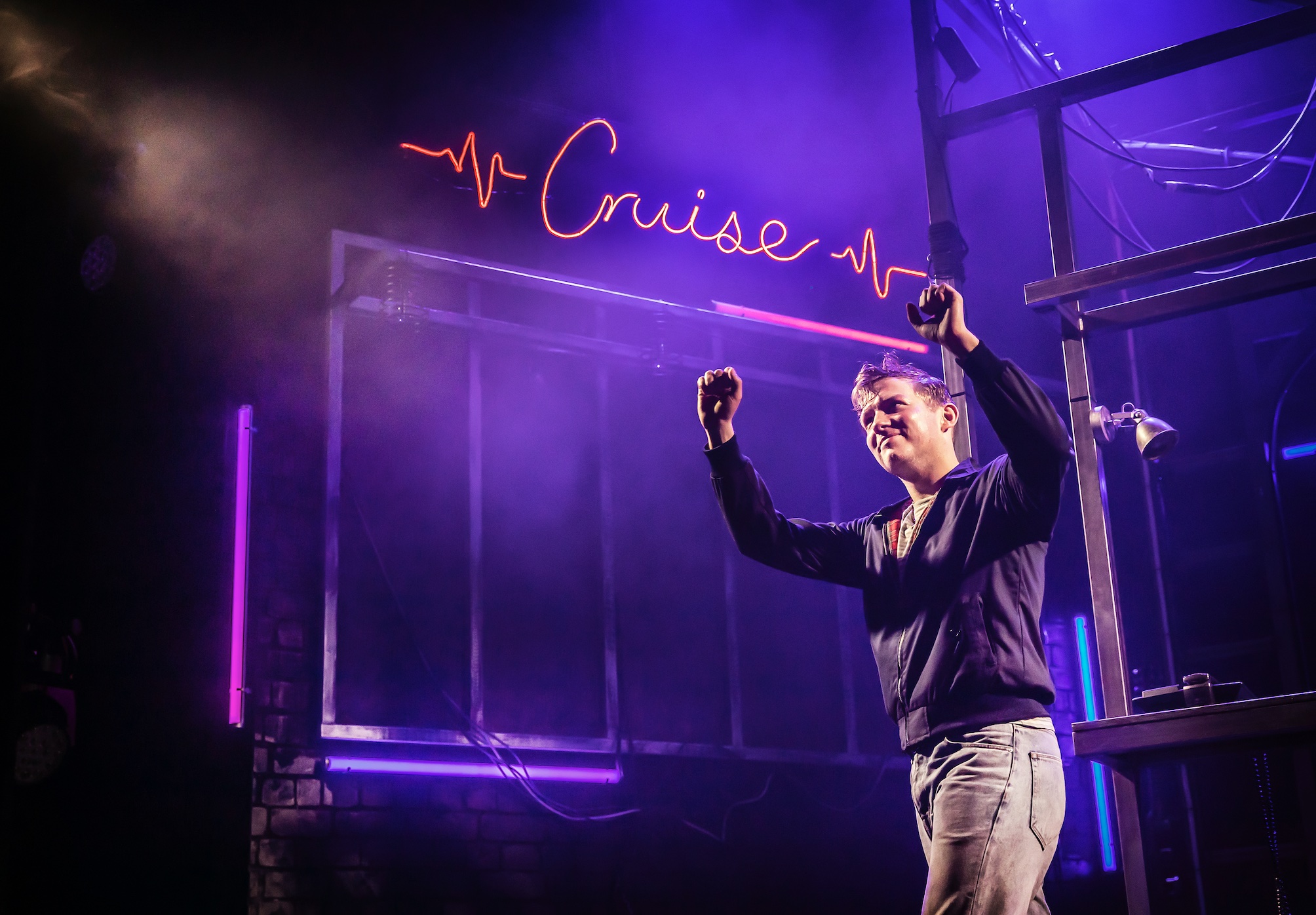
Pamela Raith Photography
You felt a pressure then?
Totally. I needed to anonymise the caller enough that you wouldn’t recognise who it was. I guess what I learned was that it wasn’t about dousing the thing in so much truth and facts that it was a sort of documentary but peppering it with facts that worked as anchors in the truth and in the reality of the time.
Having built the play from the ground up, what was it like to put it on and have such a reception?
Well, at the beginning of the pandemic I thought my career, my industry is gonna go, it’s just gonna be destroyed. So, doing the show was a whole other level of satisfying, something I’ve never felt before.
Plus, the fact that I’d written it I felt like I was on one level doing it for my community. And I felt just so wholly satisfied. I was worried about the authenticity of voice, I was also worried about is this you know, exploitative. Have I taken an experience that I had at Switchboard and turned it into this play and are people going to be worried that they call Switchboard, and their calls are going to be turned into shows?
I hoped on balance that what it was doing was highlighting this period of time. And the existence of Switchboard because still so many people don’t know it exists. And it’s such a good service and the value of speaking to someone who you don’t know, and they don’t know you.
And that kind of complete, no strings attached speaking to someone, it’s so liberating, because you can wrestle with a problem with yourself with your friends with your family so much. But just talking to somebody who has a completely clean slate, has no judgement whatsoever.
It’s just so powerful, and such a valuable resource.
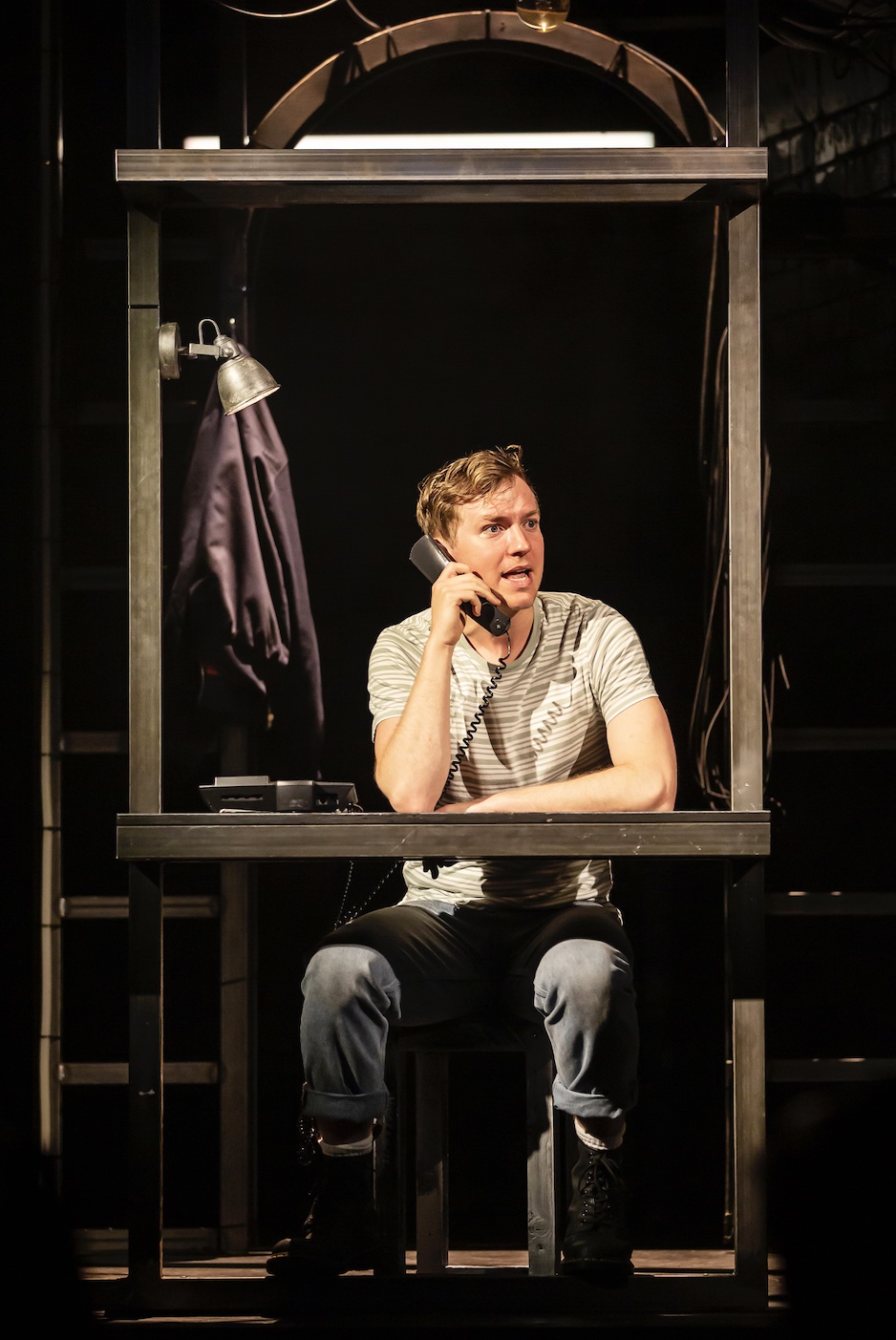
Pamela Raith Photography
In terms of the conversations you had with people at the stage door, did you find you had educated because they didn’t know anything or knew very little about that time?
Yeah. Our run was just after It’s A Sin had been on. And when that got announced, I was like, this is gonna double up on that story a bit. But actually, that’s a scarcity mindset, you know, like, there are so many stories from this time, not just the Russell T Davies version.
There was definitely an increase in HIV testing after that, and people knew about the HIV epidemic way, way more. And I hope that Cruise furthered that. My littlest brother brought a couple of his friends along. And they were like, ‘Wow, I didn’t know anything about all that’.
Do you think the pandemic impacted how people perceived the play?
Yeah. The jargon that we are so familiar with in the queer community of viral load, positive, negative, all the kind of testing stuff suddenly became common vernacular. And people had to become aware of all these medical terms and so much of queer life can be really medicalized.
So, I think it gave people certainly a better understanding of all that and yeah it put into the into sharp relief, the difference in response, which was the absolute light speed of getting a vaccine together for Coronavirus, and the fact that we might not be hitting the 2030 targets for new HIV diagnoses.
Because it’s just sort of, I guess, siloed in minority communities. So, I think certainly added a bit of spice to it.
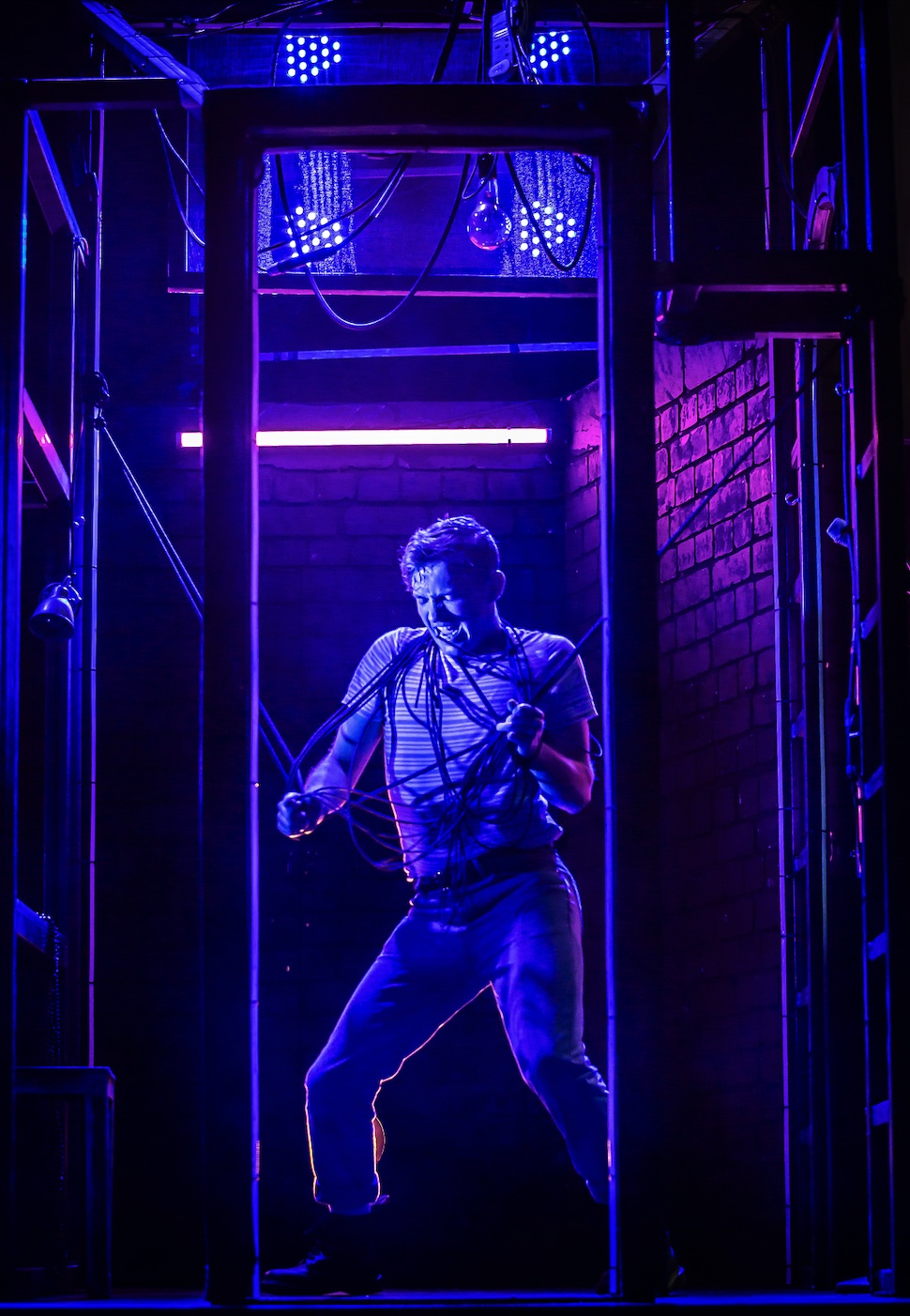
Pamela Raith Photography
Will the connection with Switchboard continue with the second run?
Absolutely. The same ad will be in the programme. I think we’re also going to do a collection one night for the Terrence Higgins Trust as well. Just to maximise our time in the West End and there’s another overlap there that some of the scenes from the play take place in Heaven, where Terry Higgins was a DJ.
The movement director was in rehearsals earlier. And she heard on a podcast that was talking about Terry Higgins and about the way he danced. And apparently, he danced with his knees together in a kind of snaky way.
We thought it’d be so great to get that into the show. So, there’s a bit where I’m in the club and I’m moving in that kind of way as a nod to Terry. It’s that kind of detail that makes I guess the past come alive, it enriches it all so much.
I spoke to Rupert Whittaker recently who was Terry Higgins’ partner, and he described Terry’s dancing as ‘like a human slinky’.
I’ll try to honour that description.
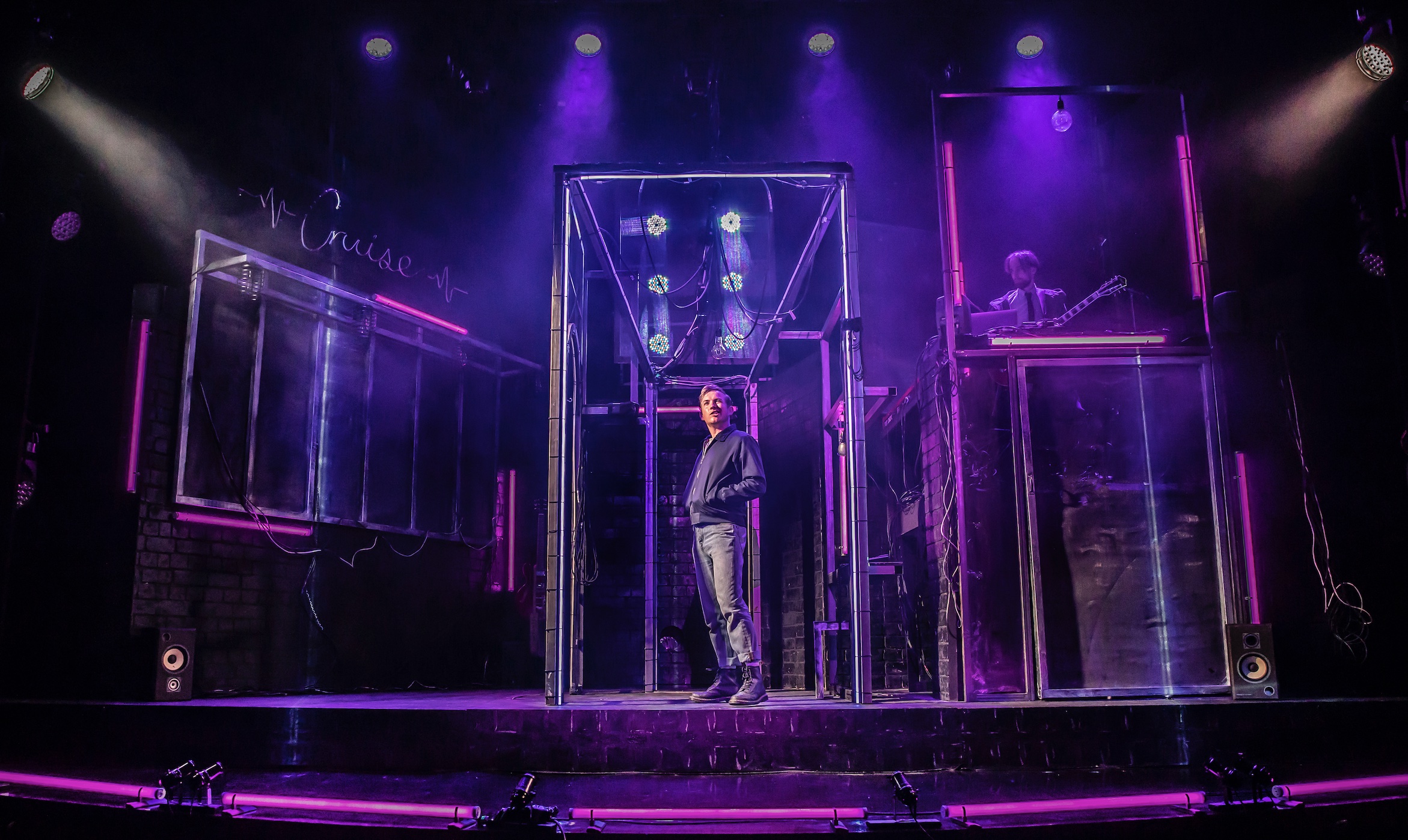
Pamela Raith Photography
How did a second run come around?
The first run went so well that we knew we definitely wanted to come back if we could. The kind of opposite happened. The first run was a gift to us because they needed small shows to go into theatres because they couldn’t afford to open big shows with social distancing.
But then as soon as social distancing was lifted, it was the opposite problem. All the big shows wanted to get into the theatres, and they wouldn’t give up any time at all. They wanted to make their money back.
But Nica Burns, who owns Nimax Theatres, who own the Duchess, also owns the Apollo and there was a gap coming up between Jerusalem and Upstart Crow. And she said, ‘That looks like a Cruise-shaped gap’.
And because it is very intense to perform, I can’t really do it for longer than that. So yeah, we jumped at the opportunity.
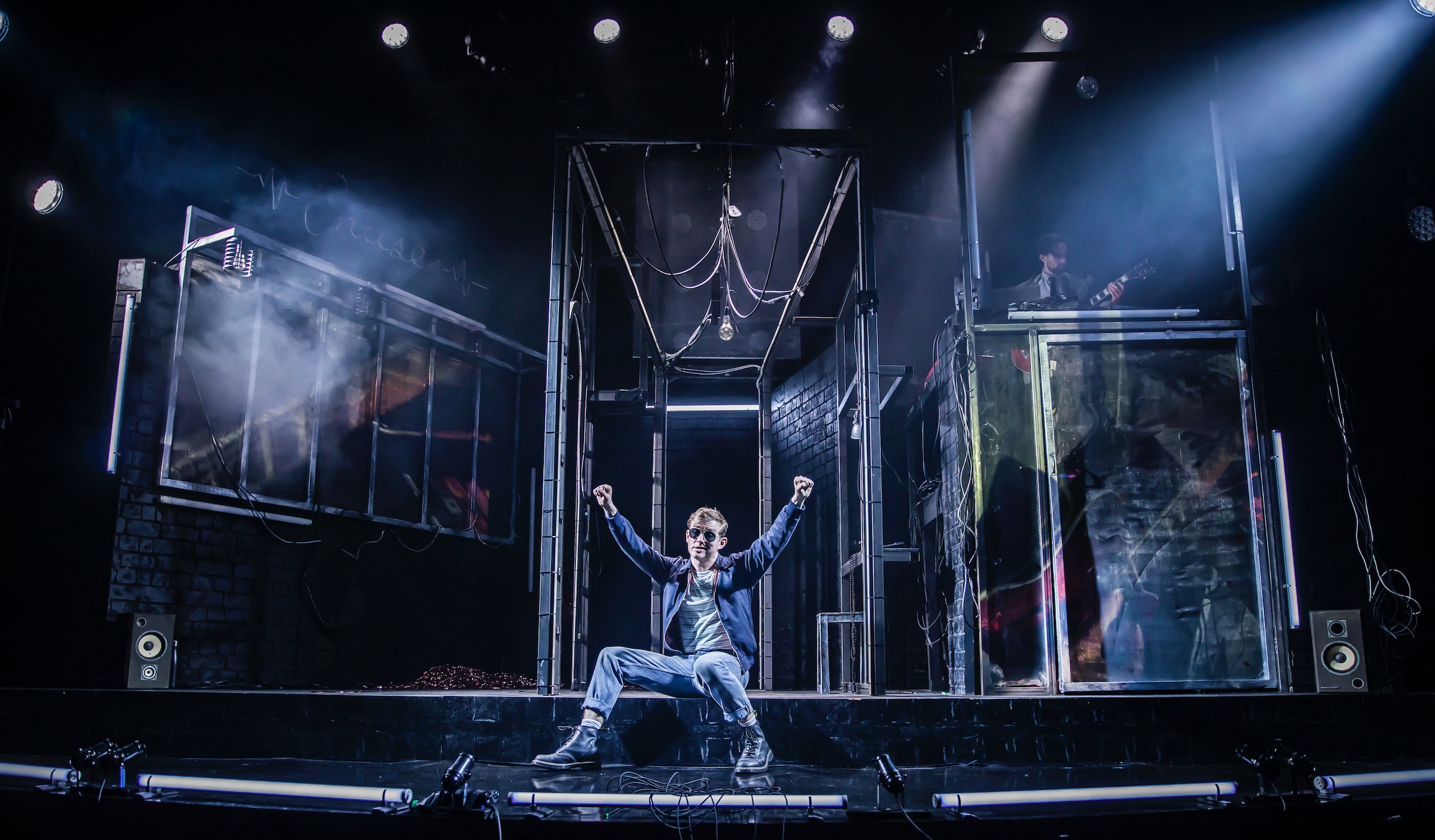
Pamela Raith Photography
Has much changed with some time away from the show?
We’ve got bit more set, which is quite fun. And we got a few more bells and whistles that are going to be fun. It’s always nice having some time away. I think it’s kind of ideal as an actor because you, for some reason, always finish the job and think, ‘I wish I’d said that line like that’.
But also, with the example of Terry Higgins’ dancing, there’s always more to add, and always more you pick up along the way. So, just by the passage of time, there’s more stuff to put in.
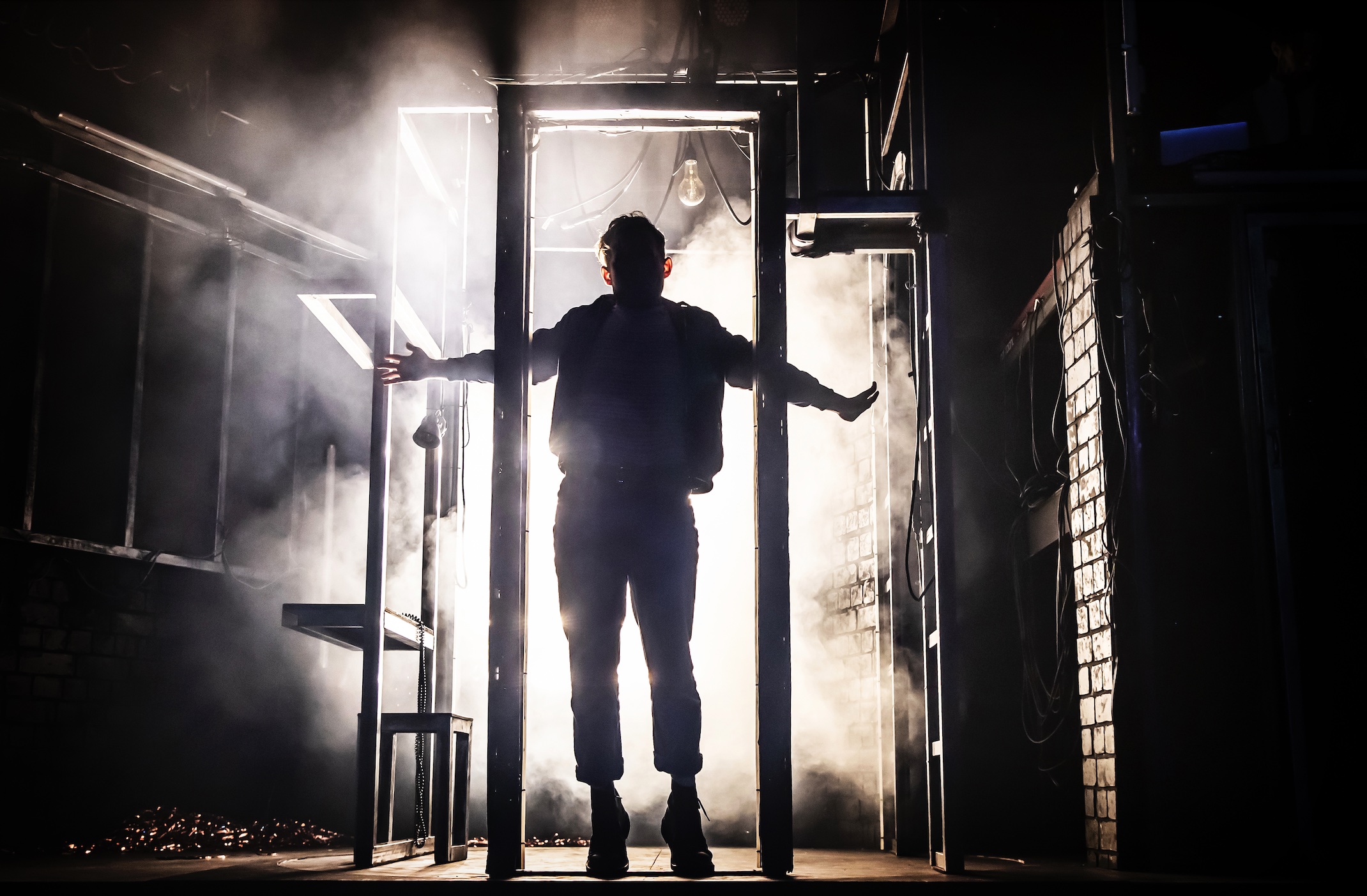
Pamela Raith Photography
What impact has the show had on you?
Professionally it was great because it was after the pandemic having done nothing really. As a writer and as an actor it’s a big deal and we got an Olivier nomination for the play as well, which has helped me a lot as a writer.
But on a personal level it’s sort of getting a bit therapy like. It really helped me grow up again. The play me, the younger me character in the play, grows up across the experience he has in the call centre, which definitely happened.
And I think having played it all out and exercised it all I’ve grown up again. I feel that’s a weird thing about coming back to this play, I feel in a different place, personally, to how I did before.
I feel wiser through having done it and having met all those audience members and having put it out into the world and had so much feedback on it. So, it makes me feel really happy that that’s happened. And now I’m like, what next?
Cruise is playing at the Apollo Theatre from 13 August to 4 September. Tickets are available here.
The Attitude September/October issue is out now.

